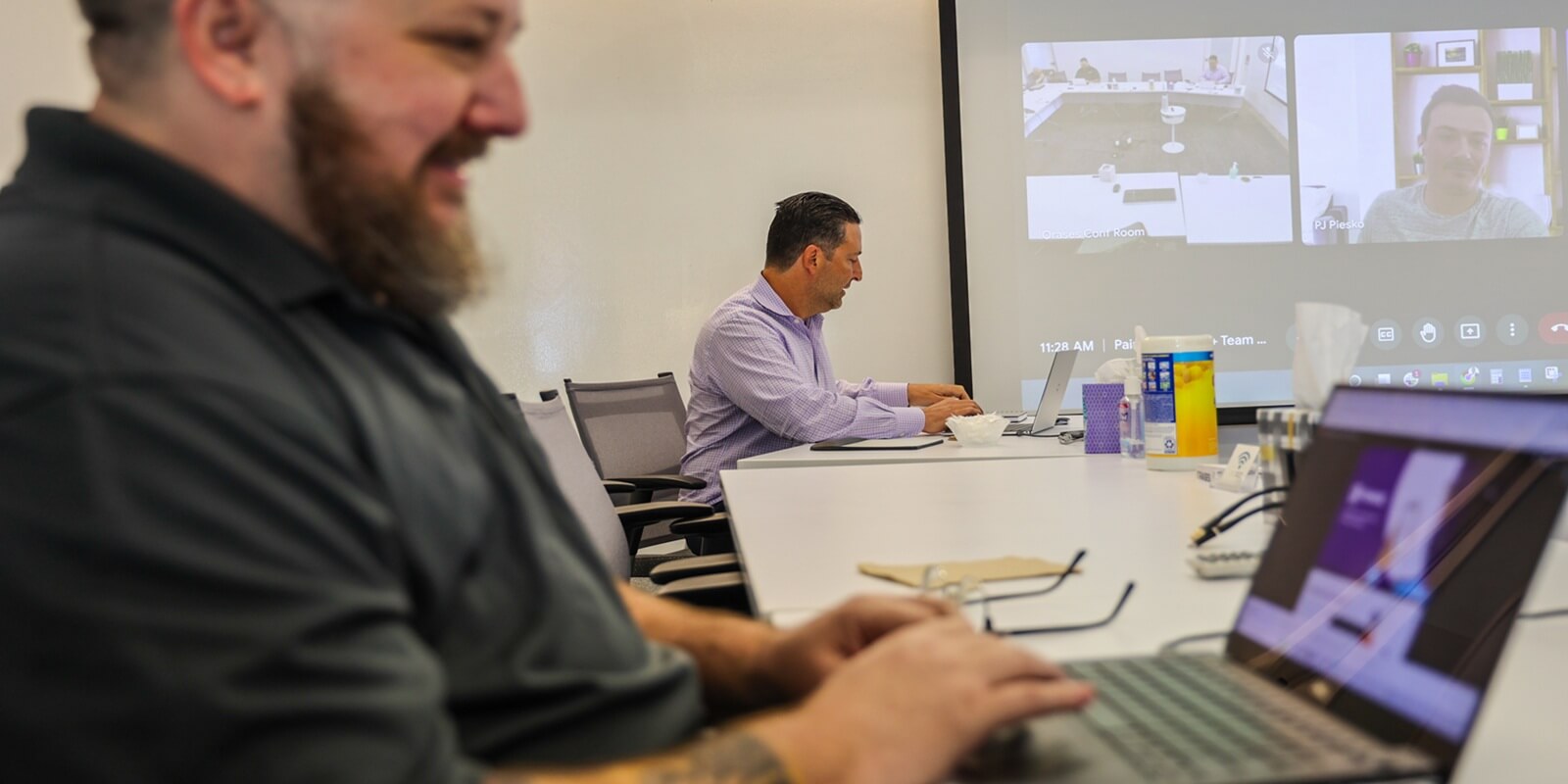Updated on: 4/29/2025
Key Takeaways
- Mindset and Methodology: The “Fail Fast, Learn Faster” philosophy transforms software development by enabling teams to quickly gather feedback and make improvements through rapid prototyping cycles. This approach significantly reduces risk and allows developers to adapt swiftly to changing requirements, ultimately leading to better final products.
- Innovation and Feedback: Rapid prototyping accelerates innovation by creating an environment where teams can experiment freely and test multiple solutions quickly. The process establishes effective feedback loops through user testing, peer reviews, and automated testing, allowing developers to make informed decisions and improvements in real-time.
- Implementation and Results: While rapid prototyping presents challenges like maintaining quality across iterations and managing time constraints, the benefits of faster delivery and higher quality solutions make it invaluable. Success comes from establishing clear workflows, utilizing automated testing, and maintaining strong documentation throughout the development process.
In software development, adopting the “Fail Fast, Learn Faster” philosophy can prove revolutionary. Rapid software prototyping cycles allow teams to gather feedback quickly, cultivating innovation and speeding up the delivery of high-quality software solutions.
Adopting this agile approach can help minimize risks and cut down on any inefficiencies to empower developers to adapt swiftly to their application’s changing requirements, resulting in a final product that meets—and even exceeds—the expectations of users.
The Benefits of Rapid Software Prototyping Cycles
 Rapid prototyping cycles involve quickly creating, testing, and refining software prototypes to identify and address issues early in the development process. These cycles align harmoniously with the agile methodology, prioritizing adaptability, ongoing enhancements, and collaborative efforts with customers.
Rapid prototyping cycles involve quickly creating, testing, and refining software prototypes to identify and address issues early in the development process. These cycles align harmoniously with the agile methodology, prioritizing adaptability, ongoing enhancements, and collaborative efforts with customers.
Within agile frameworks, rapid prototyping allows teams to produce functional software versions rapidly, gather immediate feedback, and tweak the application in real time. Constant refinement helps maintain high-quality and closely aligned products with user needs, ultimately leading to more successful software solutions.
Incorporating rapid prototyping cycles enables agile teams to stay responsive to changing requirements and deliver valuable software more efficiently.
Facilitating Quicker Feedback Loops
Gathering quality feedback is often one of the most important parts of the software development process. It provides essential insights into user needs, uncovers potential issues, and guides improvements.
Rapid prototyping accelerates feedback collection by allowing developers to quickly create and test functional prototypes. Early versions of the software can be evaluated by stakeholders, end-users, and team members, offering valuable perspectives that shape the final product.
There are several different feedback mechanisms that you can employ during the rapid prototyping process:
- User testing involves real users interacting with the prototype, providing firsthand insights into usability and functionality.
- Peer reviews enable team members to assess each other’s work, encouraging a collaborative environment and identifying potential flaws.
- Automated testing tools can also perform repetitive tests quickly so that the prototype meets predefined criteria.
Implementing these feedback mechanisms early and often allows developers to make informed decisions, adapt to changes swiftly, and avoid costly errors. Rapid prototyping creates a dynamic feedback loop that improves software development and leads to higher-quality products.
Encouraging Rapid Innovation
Software prototyping encourages the development of creative solutions within software development. Transforming ideas into tangible prototypes quickly allows developers to explore a wide range of possibilities and push the boundaries of innovation.
It encourages out-of-the-box thinking and enables teams to experiment with different features and designs without fearing long-term commitment. Quick iterations facilitate more experimentation, allowing developers to test various concepts in a short timeframe.
![]() Each iteration provides immediate feedback, highlighting what works and what doesn’t. Having a cycle of continuous improvement refines the product while also sparking new ideas, concepts, and approaches.
Each iteration provides immediate feedback, highlighting what works and what doesn’t. Having a cycle of continuous improvement refines the product while also sparking new ideas, concepts, and approaches.
Rapid prototyping creates an environment where creativity thrives, enabling the development of innovative solutions that may not have appeared through traditional development processes.
Accelerating the Delivery of High-Quality Solutions
Rapid prototyping significantly impacts delivery timelines, enabling development teams to bring high-quality software to market quickly. Creating functional prototypes early in the process allows teams to identify and resolve issues swiftly, streamlining the development cycle and reducing time-to-market.
The iterative nature of prototyping correlates with improved software quality. Each iteration undergoes testing and feedback, allowing for continuous refinement and enhancement. This leads to a well-polished final product that can exceed user expectations.
Maintaining quality while quickly iterating requires adopting a strategic approach to software development. Automated testing tools can efficiently perform repetitive tests on your behalf, catching defects early.
Peer reviews and collaborative assessments help identify potential issues, encouraging a broader culture of quality. Clear documentation and strong version control throughout the software prototyping process build a solid foundation for each iteration, ultimately leading to a reliable software solution.
Overcoming Challenges in Rapid Prototyping
Rapid software prototyping presents several challenges, such as maintaining quality across iterations, effectively managing time constraints, and handling the frequent volume of feedback. To overcome each of these challenges, you need clear communication and ongoing collaboration.
Establishing a well-defined workflow helps align all team members and make them aware of their responsibilities. Automated testing tools can catch errors early so they don’t escalate into bigger problems later. Regular peer reviews provide additional oversight and help maintain high standards.
 Balancing speed and thoroughness involves effectively prioritizing tasks, so focus on important features first and then iteratively improve the details. Keeping all of your documentation up-to-date helps make sure that all changes are tracked and understood.
Balancing speed and thoroughness involves effectively prioritizing tasks, so focus on important features first and then iteratively improve the details. Keeping all of your documentation up-to-date helps make sure that all changes are tracked and understood.
Adopting these strategies, teams can successfully navigate the complexities of rapid prototyping and deliver high-quality solutions efficiently.
Teaming With The Leaders in Software Prototyping
Adopting the “Fail Fast, Learn Faster” approach through rapid prototyping cycles empowers software development teams to innovate, adapt, and deliver high-quality solutions efficiently. Rapid feedback loops and iterative improvements drive success, delivering products that exceed user needs and expectations.
Ready to accelerate your software development process? Visit Orases online or call 1.301.756.5527 to schedule a 30-minute no-obligation consultation. Learn more about how our expert team can help you harness the power of rapid software prototyping to transform your ideas into successful software solutions.






